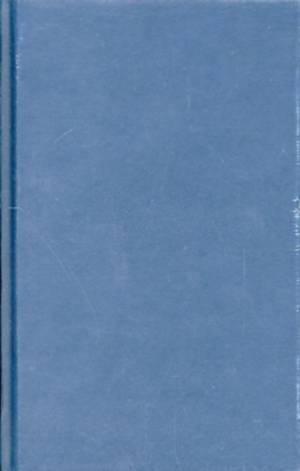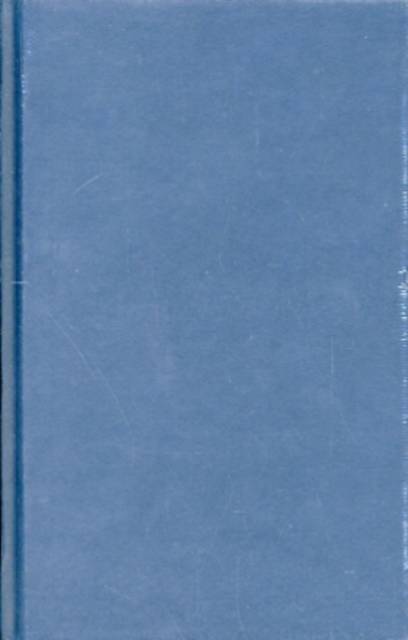
- Retrait gratuit dans votre magasin Club
- 7.000.000 titres dans notre catalogue
- Payer en toute sécurité
- Toujours un magasin près de chez vous
- Retrait gratuit dans votre magasin Club
- 7.000.0000 titres dans notre catalogue
- Payer en toute sécurité
- Toujours un magasin près de chez vous
Description
Marshall McLuhan was dubbed a media guru when he came to prominence in the 1960s. The Woodstock generation found him cool; their parents found him perplexing. Today he is often referred to as a media ecologist, a phrase that would have pleased him for its resonance with James Joyces Echoland. Joyces kaleidoscopic verbal creativity stimulated McLuhans vision for a unified explanation of everything from Woodstock to Wall Street, from woodcuts to weapons, in terms of media and their effects. During his career, he found time to write about high literature (Chesterton, Wyndham Lewis, Pound, Joyce) and popular culture (movies, comics, and advertising), managing even to explore the link between them in reviewing the work of his arch-rival Northrop Frye (Inside Blake and Hollywood). By 1963 McLuhan was Director of the Centre for Culture and Technology at the University of Toronto and would be a public intellectual on the international stage for more than a decade, then linked forever to his two best known coinages: the global village and the medium is the message.Both phrases express a paradox. We easily interpret the first as an image for our planet dramatically shrunken by the powerful media of instant communication. Broadband buzz and G3 gossip. For this we scarcely need McLuhan. But the medium is the message has an unsettling counter-intuitive quality that provoked critical commentaries many of startling irrelevance to McLuhans thrust and purpose. Legions of bewildered students and intimidated faculty may have kept silent, and McLuhans many interviewers often merely registered irritation, but Jonathan Miller and Umberto Eco were among the luminaries who lodged vigorous protests, stumbling over McLuhans metaphor for how media operate and how they shape and control the speed, scale, and forms of human association and action. This was the key idea at the core of his Understanding Media. Even as Understanding Media was launched, McLuhan was raiding psychology, philosophy, structuralism, and taking second plunder from literary studies. By the end of his career, he had harnessed the complementarities of figure/ground, cause/effect, structure/function, and clich/archetype to his earlier work. Their full and final expression was achieved in the posthumously published Laws of Media. Taken as a whole, McLuhans writings reveal a profound coherence and illuminate his unifying vision for the study of language, literature, and culture, grounded in the broad understanding of any medium or technology as an extension of the human body. McLuhan: A Guide for the Perplexed is a close reading of all of his work with a focus on tracing the systematic development of his thought. The overriding objective is to clarify all of McLuhans thinking, to consolidate it in a fashion which prevents misreadings, and to open the way to advancing his own program: ensuring that the world does not sleepwalk into the twenty-first century with nineteenth-century perceptions.
Spécifications
Parties prenantes
- Auteur(s) :
- Editeur:
Contenu
- Nombre de pages :
- 216
- Langue:
- Anglais
- Collection :
Caractéristiques
- EAN:
- 9781441126290
- Date de parution :
- 25-02-10
- Format:
- Livre relié
- Format numérique:
- Ongenaaid / garenloos gebonden
- Dimensions :
- 142 mm x 221 mm
- Poids :
- 430 g

Les avis
Nous publions uniquement les avis qui respectent les conditions requises. Consultez nos conditions pour les avis.






